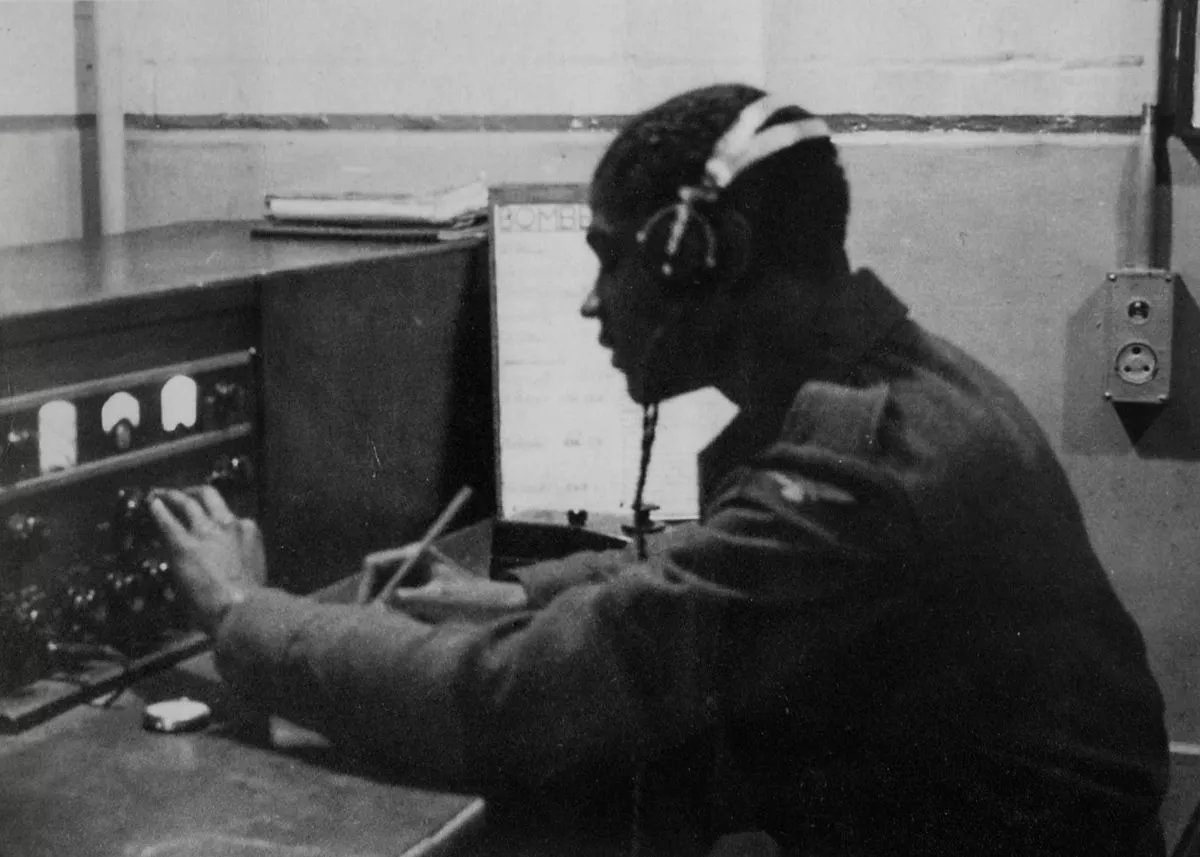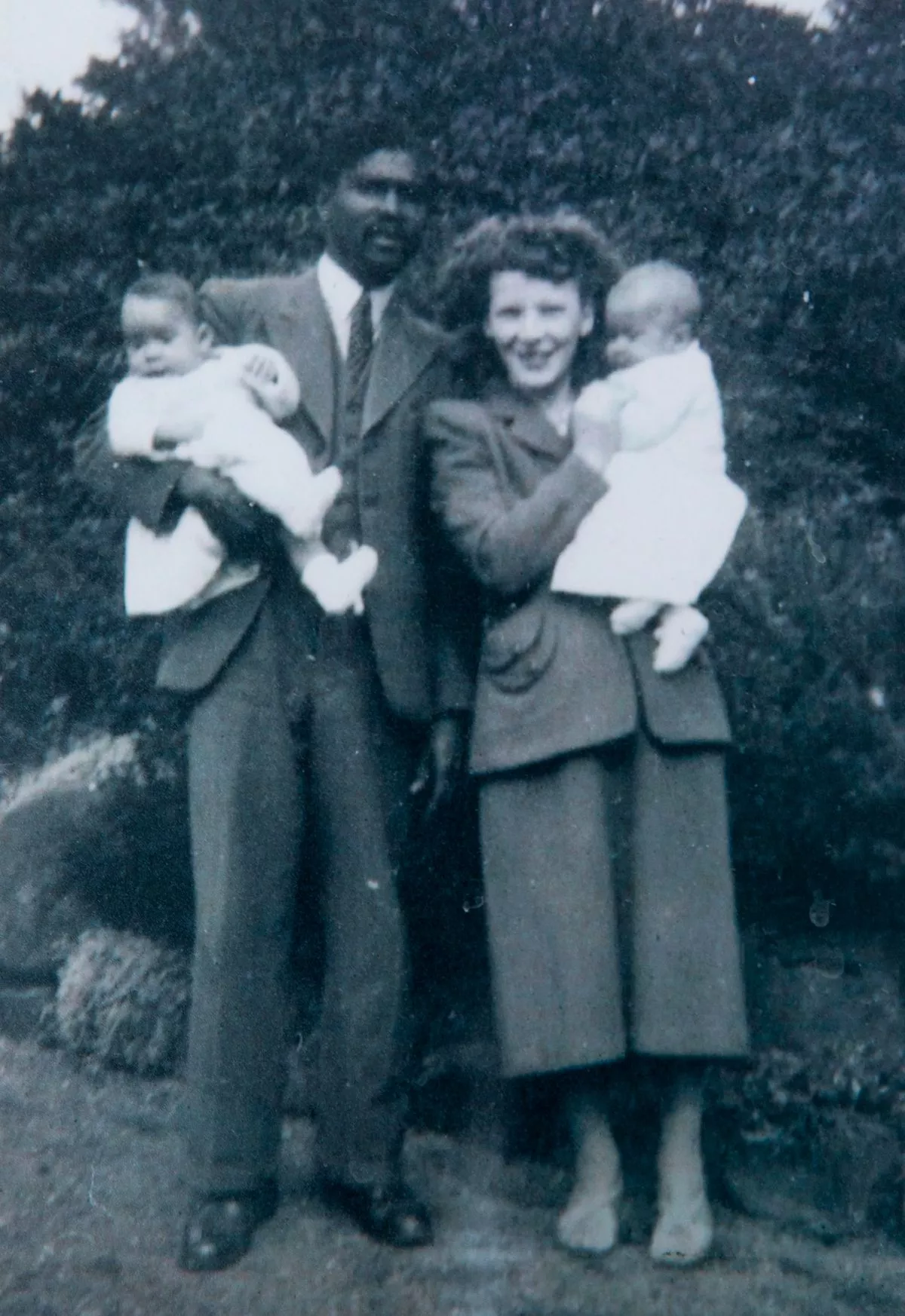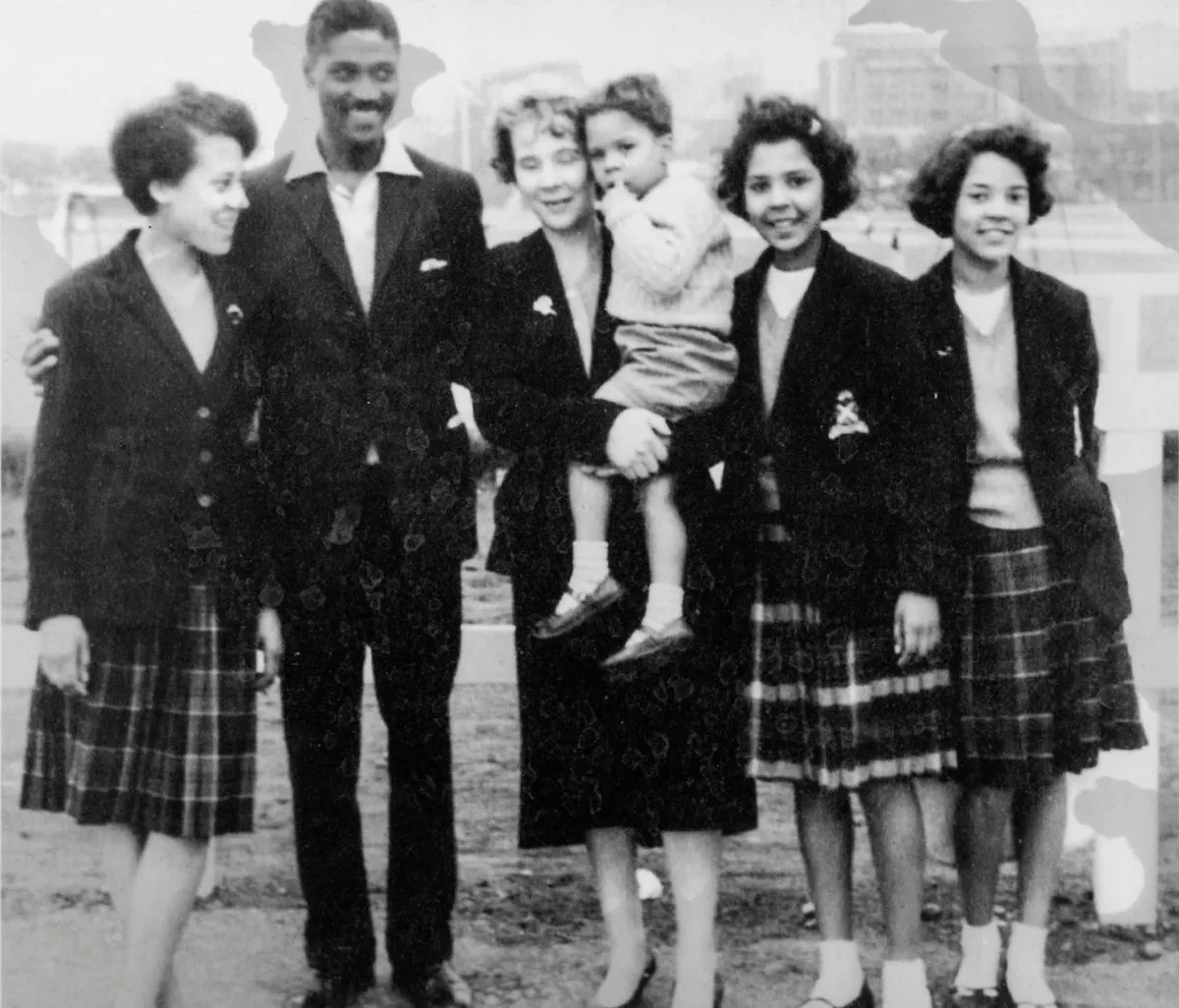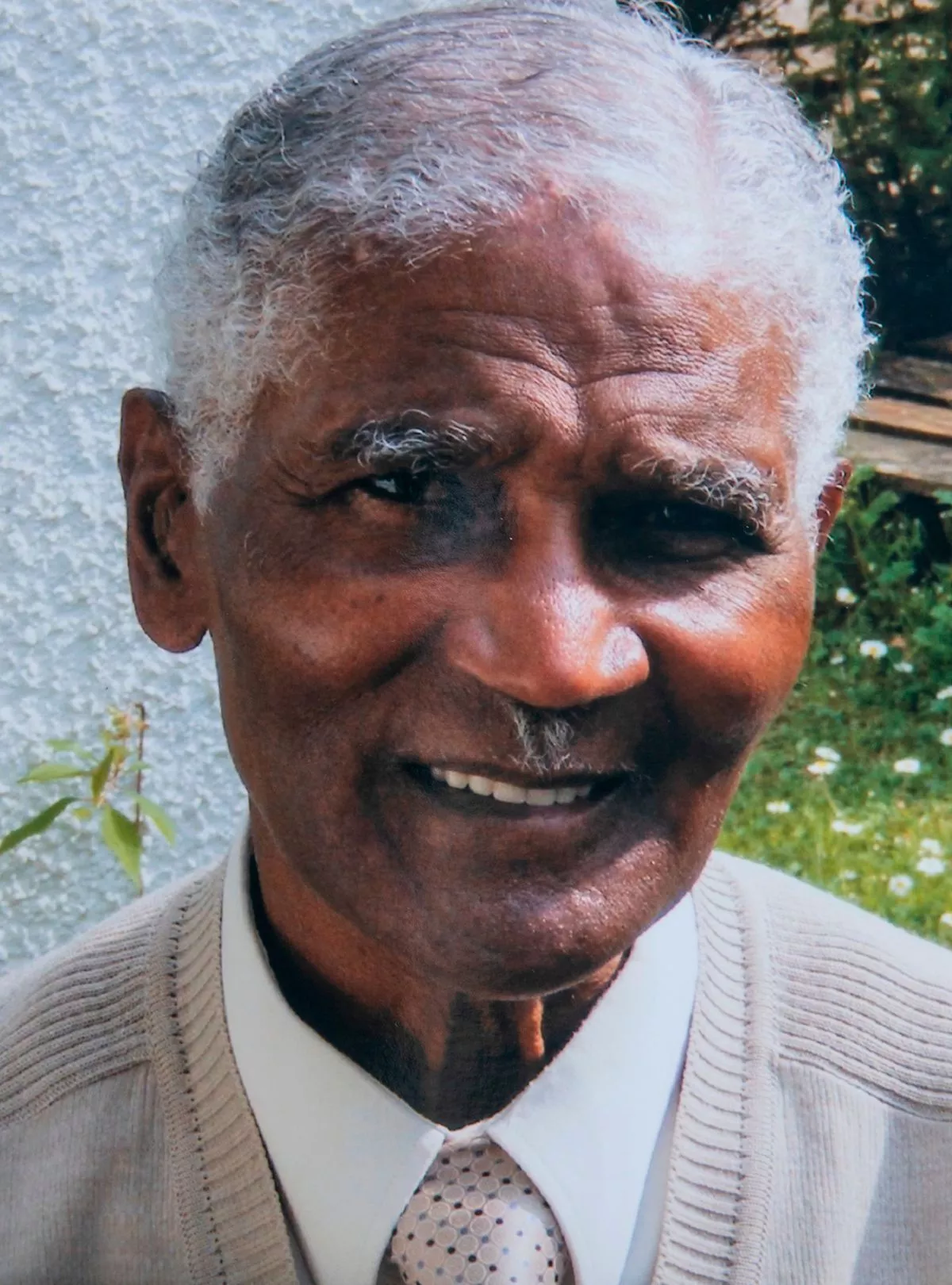February 23rd: Today’s Feature
- webbworks333
- Feb 23, 2025
- 5 min read
February
Carl Vaughan: 1925 - Feb 2019
When Carl Vaughan became Scotland's first black headteacher, his dedication to education, rather than his skin colour, set him apart. Originally from Jamaica, Carl moved to Scotland during World War II. For 18 years, he served as the headteacher of Edinbarnet Primary in Clydebank.
Carl, the youngest sibling among six brothers, embarked on a life-changing journey at the tender age of 17. It was October 1942 when he bid farewell to his homeland, Jamaica, and set sail for the United Kingdom. His voyage was aboard a vessel owned by Elders and Fyffe, prominent fruit distributors. Interestingly, this fact would later provide Carl with a lighthearted anecdote, as he would often jest that he had departed for Glasgow on a banana boat.

However, this journey was far from a leisurely cruise. The treacherous waters were infested with German U-boats, posing a constant threat to the safety of those on board. Unfortunately, the voyage got off to a rocky start when the boat's engines malfunctioned. Forced to alter their course, they painstakingly limped towards the port of Tampa, Florida, seeking refuge from the perils of the sea.
Accompanying Carl were 20 other men who, like him, had willingly volunteered to join the British war effort. Their destination was the Royal Air Force (RAF), where they aspired to contribute to the ongoing conflict. After reaching Florida, they embarked on a train journey that took them to Canada. It was there that they enlisted in the RAF and subsequently boarded a new vessel. This ship would prove to be their ticket to safety, successfully navigating the treacherous Atlantic waters and eventually docking in the bustling city of Glasgow.
Although Carl would later return to Glasgow and make it his home, his war years were spent stationed at RAF Bomber Command in London. Here, he played a crucial role as a morse-code operator, diligently monitoring distress signals from Allied planes returning from perilous missions. His work was nothing short of life-saving, as he helped identify and respond to the distress calls of damaged aircraft, ensuring their safe return and the well-being of their crews. Carl's dedication and skills as a morse-code operator exemplified his unwavering commitment to the war effort and his invaluable contribution to the Allied cause.
Additionally, he actively took part in reconnaissance missions over Germany on a Lancaster Bomber. After the war, he chose to stay in the UK with the goal of pursuing a medical education. His joy knew no bounds when he received an offer to study medicine at Glasgow University.
Despite facing initial resistance from the Royal Air Force (RAF) to release him from service, he refused to let obstacles hinder his dreams. Seeking legal assistance, he fought for his demobilisation, emphasising his desire to pursue a medical career. Eventually, his persistence paid off, and he was granted official permission to leave the RAF. Unfortunately, due to the delays caused by the demobilisation process, he lost his place in the medical program he had been accepted into. Nonetheless, undeterred by this setback, he relocated to Glasgow, where fate intervened and he crossed paths with Dina, the woman who would later become his beloved wife.
Despite the adversity, they persevered and eventually tied the knot in May 1948. Over the years, they were blessed with four children, and to provide for their growing family, Carl took on various jobs. However, everything changed when Carl discovered the existence of grants specifically designed for Religious Education teachers. Intrigued by this opportunity, he decided to alter his career path and pursue a degree in Biblical Studies at Aberdeen University. With unwavering support from his wife Dina, Carl made the difficult decision to relocate to Aberdeen while Dina remained in Glasgow with their children, only being able to visit them on weekends.
Carl’s daughter, Carol, a resident of Bearsden, Glasgow, shared that her parents faced opposition when they began their relationship. Despite the challenges, they remained together and got married in May 1948. They went on to have four children and Carl worked various jobs to support the family. However, after learning about the availability of grants for Religious Education teachers, Carl changed his career plans and pursued a degree in Biblical Studies at Aberdeen University. With Dina's support, he moved to Aberdeen while she stayed in Glasgow with their children, visiting them only on weekends.
After completing his studies in 1963, the mature student pursued a year of teacher training at Jordanhill College. Following this, he secured his initial teaching position at Edinbarnet Secondary School in Clydebank, where he taught both English and RE. He remained in this role for five years before advancing his career by applying for a promotion which awarded him the opportunity of becoming the deputy headteacher at Castlehill Primary School. Two years later, he achieved a significant milestone as he was unanimously chosen to lead Edinbarnet Primary School, becoming Scotland's first black headteacher.

During Carl's promotion interview, he faced a committee of individuals who questioned him about his qualifications and experience. One of the female councillors recognised him as "that" Mr. Vaughan, causing Carl to feel uncertain about what would happen next. However, she surprised him by mentioning how her son had praised the help Carl had provided.
Carl's passion for education and dedication as a teacher were evident, and he always strived to see everyone succeed. He also instilled in his students the belief that hard work can lead to achieving anything.
The media’s focus on Carl's achievement as Scotland's first black headteacher did not capture the attention of either him or his wife, Dina, as they disregarded such labels.
After serving as a dedicated headteacher for nearly twenty years, Carl retired at the age of 65. Throughout his retirement, he collaborated with his journalist friend Gordon Davidson to self-publish a book recounting his life story, which he generously shared with his loved ones.
Sadly, Carl passed away at the age of 93 in February 2019, three years after the death of his wife, Dina, whom he had been married to for 68 years. Following his departure, former students, spanning multiple generations of families, expressed their heartfelt tributes and cherished memories on social media and with his family.
Carl stood out in Scotland due to the scarcity of black individuals in Glasgow. However, he became well-known and highly regarded for his exceptional qualities, such as being hardworking, caring, and respected, rather than solely for his nationality.
Despite facing various forms of racism throughout his life, Carl remained resilient and maintained a positive outlook. He embraced every experience as an opportunity to learn and grow, firmly believing that education was the most powerful tool to combat discrimination.










